Episodes
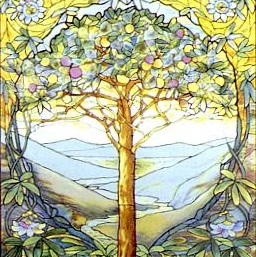
Tuesday Nov 14, 2017
What is the Soul?: Aristotle's de Anima with Dr. Michael Bolin
Tuesday Nov 14, 2017
Tuesday Nov 14, 2017
What does it mean to be alive? How does the life of a pine tree differ from the life of a puppy differ from the life of a person? What is it that we possess through life, but lose in death? Is it a soul? And if so, what exactly is a soul?
In De Anima, On the Soul, Aristotle explored these questions, questions that while seemingly abstract remain critical to many of our current debates. The definition of “to be alive” is central to questions of abortion and euthanasia and the way we understand the human body and the human soul inform what we think about sexuality and marriage.
Our guest this week, Wyoming Catholic College philosophy professor Dr. Michael Bolin, specializes in the work of Aristotle and St. Thomas Aquinas. He is currently teaching De Anima to Wyoming Catholic College sophomores.
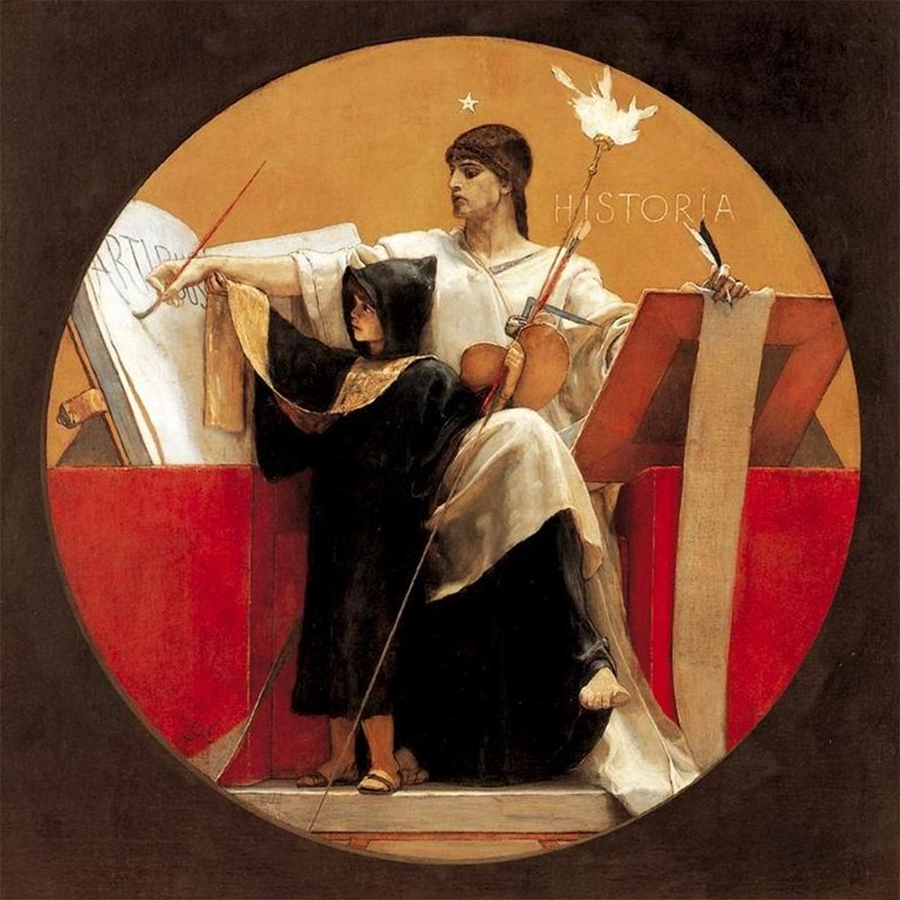
Tuesday Nov 07, 2017
Tuesday Nov 07, 2017
In 1984, when a young Gleaves Whitney journeyed from his home in Colorado to graduate school at the University of Michigan, it was with some trepidation. His doctoral advisor, according to a friend, “can be a mite prickly and doesn’t suffer fools gladly.”
Dr. Whitney’s advisor was historian Stephen Tonsor. Tonsor—a faithful Catholic with a strong belief in truth and a decidedly conservative political philosophy—seemed out of place at Michigan where he taught for nearly forty years. Yet his academic excellence, his brilliant mind, and his strong Christian character changed the lives of many of his students including Dr. Whitney.
Dr. Gleaves Whitney is Director of The Hauenstein Center for Presidential Studies at Grand Valley State University, a member of Wyoming Catholic College’s Catholic Scholars Advisory Board, and our guest on The After Dinner Scholar.
The book Dr. Whitney recommends in the podcast is Equality, Decadence and Modernity: The Collected Essays of Stephen J. Tonsor edited by Gregory L. Schneider.
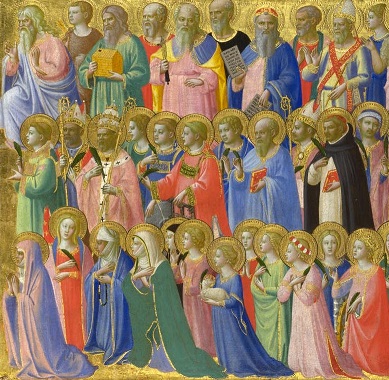
Tuesday Oct 31, 2017
Lumen Gentium for All Saints' Day with Professor Kyle Washut
Tuesday Oct 31, 2017
Tuesday Oct 31, 2017
“The saints have no need of honour from us,” preached St. Bernard, “neither does our devotion add the slightest thing to what is theirs. Clearly, if we venerate their memory, it serves us, not them. But I tell you, when I think of them, I feel myself inflamed by a tremendous yearning.”
Each year on November 1, we celebrate the Solemnity of All Saints, remembering those brothers and sisters in Christ who lives demonstrated heroic virtue and faith. Perhaps by happy providence, perhaps by professorial cunning, Wyoming Catholic College professor Kyle Washut is teaching the Vatican II document Lumen Gentium to our seniors coming to chapter seven, “The Eschatological Nature of the Pilgrim Church and Its Union with the Church in Heaven” just in time for All Saints Day. Professor Washut is our guest this week to share what he and his students have been discussing.
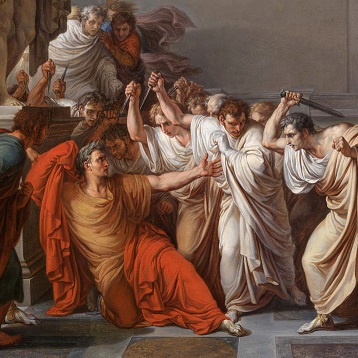
Tuesday Oct 17, 2017
Shakespeare, Caesar, Culture, and Politics with Dr. Khalil Habib
Tuesday Oct 17, 2017
Tuesday Oct 17, 2017
Behind the personal conflicts in in Shakespeare’s Julius Caesar, says Wyoming Catholic College board member Dr Khalil Habib, the bard is making the case that “politics always swims downstream from culture.”
Just as Caesar believes that he is driving changes in Rome, so, too, Brutus, Cassius, and their fellow conspirators believe that they are driving changes by murdering him. In fact, it is the changing Roman culture that drives the events much more than the men involved. Rome changed from the days of the Republic to the eve of the Empire. Killing Caesar cannot and does not undo those changes.
In addition to being Associate Professor of Philosophy and Director of the Pell Honors Program at Salve Regina University, Dr. Habib is a member of the Wyoming Catholic College Board of Directors and our guest on this week’s After Dinner Scholar.
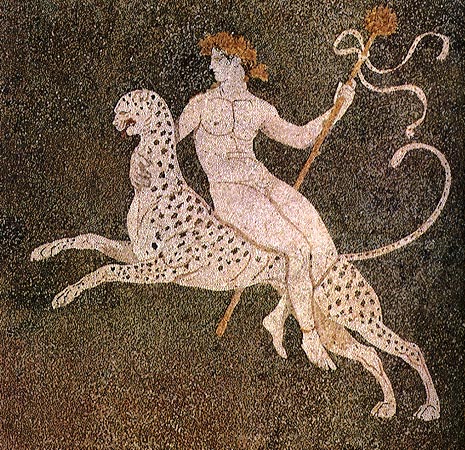
Tuesday Oct 10, 2017
Dionysus, Apollo, and the Challenge of Deep Knowing with Dr. Thaddeus Kozinski
Tuesday Oct 10, 2017
Tuesday Oct 10, 2017
“What is good?" asked Friedrich Nietzsche, "The Anti-Christ. Whatever augments the feeling of power, the will to power, power itself in man. What is evil? Whatever springs from weakness. What is happiness? The feeling that power increases—that resistance is overcome.”
Thus it seems curious that Sean Steel, a member of the education faculty at the University of Calgary, should use Nietzschean categories--the Dionysian, the Apollonian, the anti-Dionysian--to propose a rather congenial understanding of a good education.
The Wyoming Catholic College faculty read and discussed Steel’s article “Schooling for ‘Deep Knowing’” during a recent symposium. Our Academic Dean, Dr. Thaddeus Kozinski, led our discussion and is our guest on this week’s After Dinner Scholar.
Sean Steel's article, "Schooling for 'Deep Knowing'" can be found here.
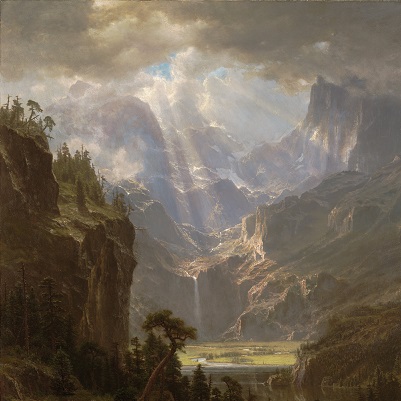
Tuesday Oct 03, 2017
Mountains, Rivers, Backpacks, and the Liberal Arts with Dr. Thomas Zimmer
Tuesday Oct 03, 2017
Tuesday Oct 03, 2017
From the very beginning of Wyoming Catholic College--ten years ago--creation, nature, the outdoors, has been a crucial part of our vision of a liberal arts education.
Freshmen arrive nearly a month before classes begin for a three-week backpacking expedition—the first three weeks of their ten-week wilderness requirement for graduation. In the wilderness, they experience the wonder that comes from an encounter with God’s creation, they grow spiritually in the solitude, they form strong friendships, and learn new confidence and leadership skills.
Dr. Tom Zimmer received his Ph.D. in outdoor education from the University of Utah, has untold weeks of wilderness experience, directs the Wyoming Catholic College outdoor program, and is our guest on this After Dinner Scholar.

Tuesday Sep 26, 2017
Tuesday Sep 26, 2017
When The New York Journal published the text of the newly proposed United States Constitution, alongside they ran a column criticizing the constitution as aristocratic tyranny and calling for a “No” vote on ratification.
Alexander Hamilton, James Madison, and John Jay, quills in hand, stepped forward to defend the document. In a series of 85 newspaper columns, they not only defended the Constitution as written, but provided all the background and the logic that went into the framers’ thinking.
The result is what is known as The Federalist Papers, a book Wyoming Catholic College political philosopher Virginia Arbery has taught repeatedly and is currently teaching to our seniors.
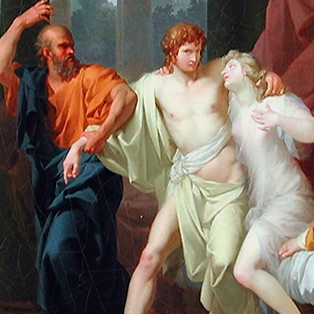
Tuesday Sep 19, 2017
Plato's "Alcibiades": The Gateway to Philosophy with Professor Kyle Washut
Tuesday Sep 19, 2017
Tuesday Sep 19, 2017
“What do you hope to achieve by bothering me?” It’s a question many asked Socrates and in the dialogue Alcibiades, he answers the question.
Alcibiades yearns for a life in politics and is both an attractive and ambitious would-be leader of Athens. He would appear to have a great future before him, but Socrates tells him—convinces him, “You are wedded to stupidity, my good fellow, stupidity of the highest degree.” Alcibiades can’t explain the difference between justice and injustice, good and bad, advantageous and disadvantageous.
Professor Kyle Washut introduced the Wyoming Catholic College freshmen to philosophy and the value of studying philosophy with Socrates' conversation with Alcibiades. Through it they see themselves and their need for education in a new way.

Tuesday Sep 12, 2017
Tuesday Sep 12, 2017
In 1947, Don Giovanni Calabria read La Lettere di Berlicche, the Italian translation of C. S. Lewis’s Screwtape Letters and decided to write to the book’s author. Since he knew no English and had no indication that Lewis knew Italian, Fr. Giovanni wrote in Latin, confident that Lewis, an educated man and scholar, could read and write—if not speak—Latin.
That would be a bad assumption today. Many universities and colleges gave up teaching the classics years ago.
Yet at Wyoming Catholic College, all students take Latin learning not just reading and writing, but learning how to speak and to converse in Latin. At the center of the program is Professor—or more properly Magister Eugene Hamilton. Magister is our guest on this week's After Dinner Scholar.
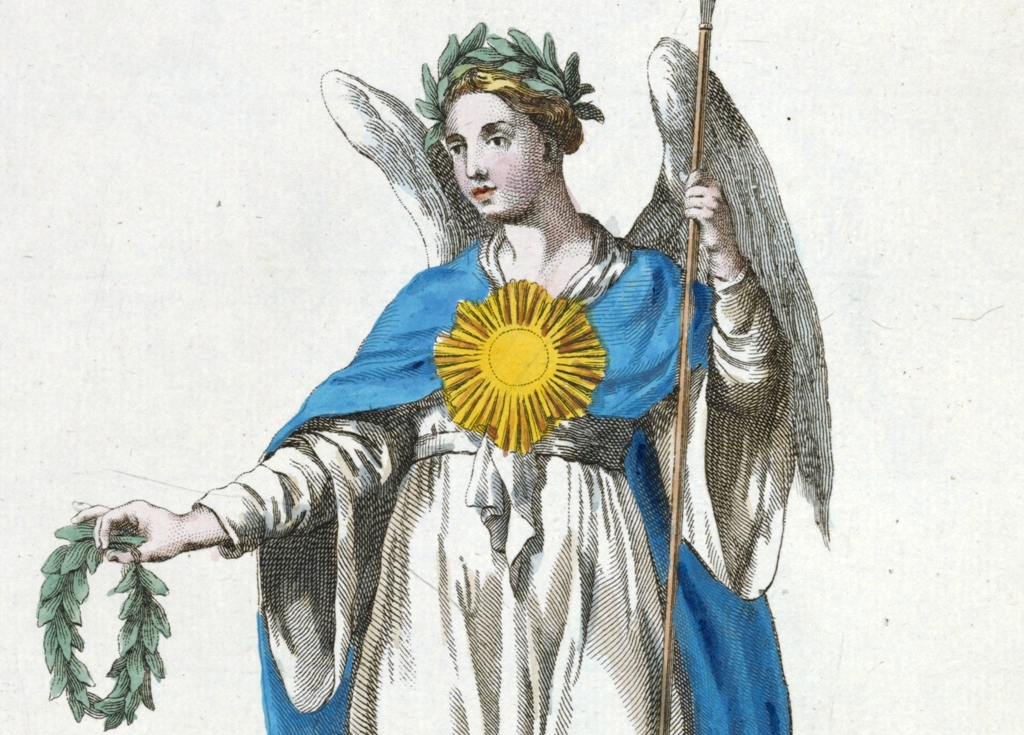
Tuesday Sep 05, 2017
Good without God?: Iris Murdoch's Moral Vision with Dr. Thaddeus Kozinski
Tuesday Sep 05, 2017
Tuesday Sep 05, 2017
In her essay, “The Sovereignty of Good Over Other Concepts,” Iris Murdoch wrote, “We [humans] are what we seem to be, transient mortal creatures subject to necessity and chance. This is to say that there is, in my view, no God in the traditional sense of that term; and the traditional sense is perhaps the only sense.”
At the same time she spoke about virtue, morality, love, beauty, and the Good. Does that sound paradoxical? Dr. Thaddeus Kozinski began his junior level course on ethics here at Wyoming Catholic College by having students read and discuss Murdoch’s essay complete with paradoxes.

